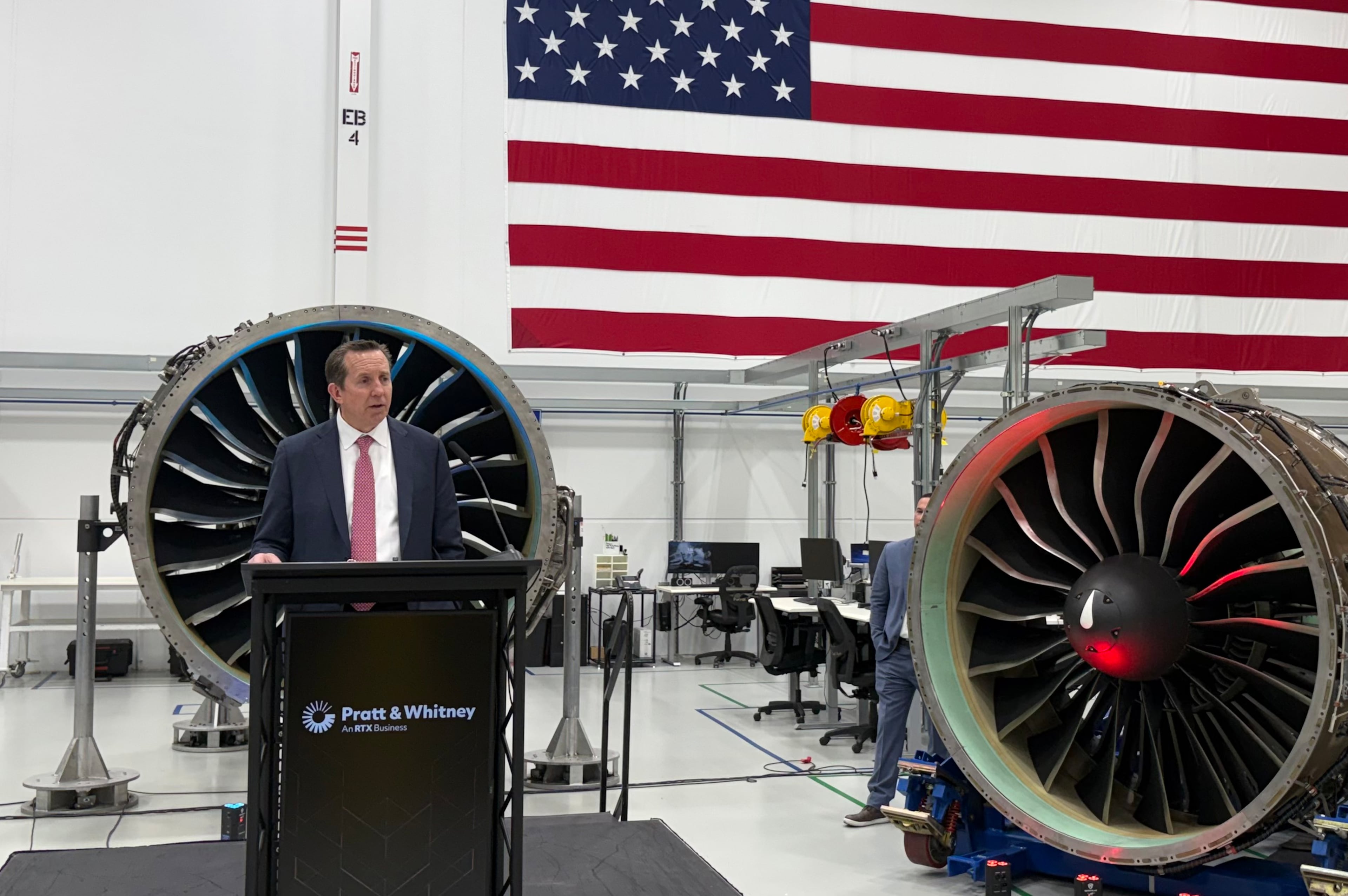New delays seen for Georgia Power nuclear expansion

One of two nuclear power plants in Georgia, Plant Vogtle began commercial operation in the 1980s. By 2005, Georgia Power said it wanted to expand the plant. The state legislature agreed to let the company charge customers early for the project’s financing, a move the company said would keep ratepayer costs down. Meanwhile, construction costs rose and the project’s targeted completion was pushed back nearly two years. Now, an outside monitor predicts further delays. Meanwhile, Georgia Power officials are considering embarking on another nuclear power project to meet long-term energy needs.
Georgia Power’s massive expansion of a nuclear power plant is falling further behind schedule, likely costing $2 million for each additional day of delay, according to monitors watching the project for state utility regulators.
At least some of the potential cost increases could be borne by Georgia Power ratepayers.
The schedule for the two new units at Plant Vogtle south of Augusta is so uncertain that “it is impossible to determine” when they could be commercially available, independent construction monitor William Jacobs wrote in a report released Monday by the Georgia Public Service Commission.
Earlier this year, Jacobs had warned that the utility faced “many challenges” to its target dates. In the latest report he said he believes the units will be delayed beyond the current schedule of December 2017 for the first unit and December 2018 for the second. Those dates are already 21 months later than initially planned for the first newly licensed U.S. nuclear power units in three decades.
The PSC, which regulates Georgia Power and approves rates, hired Jacobs to provide periodic updates.
Georgia Power spokesman Brian Green said the company is reviewing the latest testimony and that the target dates to put the units in service hasn’t changed from late 2017 and late 2018.
But in a recent filing to the PSC, the company said its contractor on the project “has recognized the existence of challenges to several long-term activities, including fabrication, assembly and installation of structural modules and shield building modules.” There has been “additional schedule pressure” in recent months, the company said.
The power plant’s owners and contractors are locked in a legal fight over the additional costs and reasons for the delays.
Still, the Georgia Power spokesman said, “We believe the project remains overwhelmingly positive and represents the most economic energy option for customers over the next 60 years.”
The cost of Georgia Power’s share of the Vogtle expansion jumped from $6.1 billion to $6.7 billion with the delay from the initial target dates. With the monitor’s latest warnings, it’s unclear how much more the project could cost. Another consultant has warned that every day of additional delay will cost $2 million.
“It is mind boggling,” said Liz Coyle, acting executive director of consumer group Georgia Watch, which has fought the expansion.
Georgia Power customers already are paying for the project’s financing costs through an additional fee in their monthly power bills. It amounts to about $10 extra a month for a typical residential bill.
“The longer it takes to complete these units, the more the people of Georgia are going to have to pay for them,” Coyle said. And she said it “is a huge red flag” when the independent monitors can’t get a detailed schedule for completion of the project.
Consumer and environmental advocates worry that Georgia Power will try to pass on to customers the additional cost of delays if the company loses its legal battles with the project’s contractors. Such a measure would need the PSC’s OK.
Jacobs and PSC staffer Steven Roetger testified that target dates to complete significant activities tied to the Vogtle expansion have slipped since a partial schedule was issued in May. Despite efforts to speed up, work on portions of the project’s nuclear centerpieces are taking longer to finish.
Vogtle fits into larger hopes nationally that increasing nuclear power could reduce reliance on burning coal and natural gas, both of which have emissions blamed for contributing to climate change.
Nuclear plants have their own issues, including worries about what to do with long-lasting radioactive waste and how to prevent plant catastrophes posed by terrorist attacks or natural disasters. Compared to other traditional utility plants, nuclear facilities tend to have lower long-term operating expenses but carry higher up-front design and construction costs.



